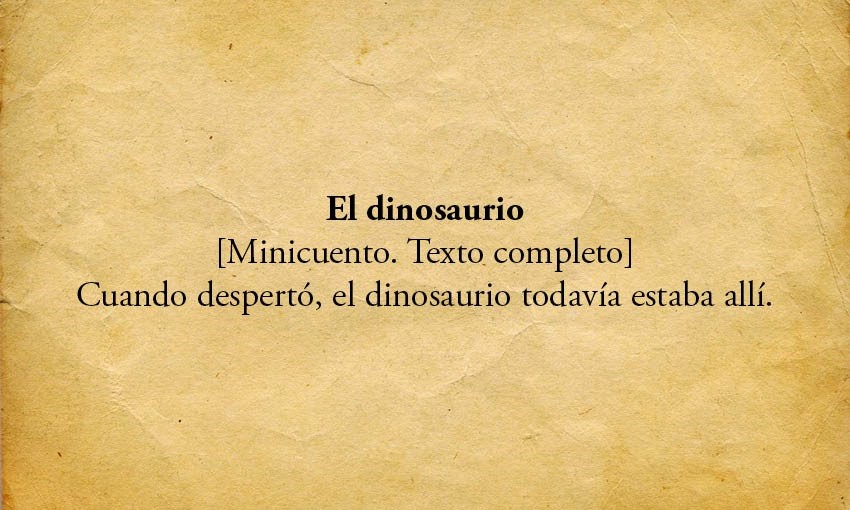
posted by Simon Kemp
The translator’s life is fraught with peril. Especially if there’s a long-running literary saga involved. Month after month, year after year, you wrestle the writer’s intentions into the target language, reaching for an impossible balance between expressing exactly what was meant and producing something that doesn’t sound hopelessly clunky and false in its new language. And then… And then you discover that a time-bomb was lurking in the source text all along, cunningly hidden, its deadly ticking sound unheard until it was too late to stop the countdown…
We saw in an earlier post how J. K. Rowling left such a device for her poor French translator, Jean-François Ménard, which, when it eventually detonated, left him with no option but to rename evil dark wizard Marvolo Gaunt as ‘Elvis’ in the French version of Harry Potter and the Half-Blood Prince.
At the end of the last season of Game of Thrones, viewers discovered that the world’s other favourite purveyor of magic and dragons, George R. R. Martin, had done the same thing. Now, as the seventh season is about to start, let’s look back at what happened.
If you know Game of Thrones, or as the French call it, er, Game of Thrones (the novel got a French title, Le Trône de fer, but the TV show is known by its English name), then you know about Hodor. He’s the big, friendly giant of House Stark, the lovable Hagrid-alike who, in later seasons, becomes the companion and protector of paralysed Bran on his mission to find the Three-Eyed Raven. He’s also, famously, a man of few words. Of just one word, actually, the nonsense word ‘Hodor’, which is all he can say, and from which he gets his name.

“D’accord,” thought the translators of the novels into French, “il dit ‘Hodor’, nous l’appellerons ‘Hodor’.”
“Pas de problème,” thought Dubbing Brothers, the French company with the contract to produce the version française of the TV show by dubbing all the dialogue into French. “Il dit ‘Hodor’, nous l’appellerons ‘Hodor’,” which will mean that the lip-movements you see on screen will match the dialogue nicely.

Except, as it turns out, ‘Hodor’ is not a nonsense word. It has a very specific English meaning, which George R. R. Martin has known from the start, but which nobody found out until Season Six of the TV show.
By which time it was much too late.

‘Hodor’, we discover, is a contraction of the sentence, ‘Hold the door’. To recap: Bran, Hodor and Meera are fleeing the horde of ice-zombies who have invaded the Three-Eyed Raven’s cave. As they rush outside, Meera shouts ‘hold the door!’, which Hodor then does, using his bulk to keep the cave door closed behind them, and sacrificing his life to keep the wights trapped while Bran and Meera escape. Bran, meanwhile, is doing his mystic mind-travelling thing, his consciousness simultaneously in Hodor’s mind in the present and time-travelling back a couple of decades to witness his family’s past at Winterfell.

There, he sees Hodor-in-the-past, up to that point a normal teenager named Wylis, fall to the ground in a fit of premonition, and hears his cries of ‘hold the door’ gradually degenerate into ‘Hodor’, which will be the only word he says from that moment on. (It makes more sense when you see it.)
Oh dear. What to do?
If only Martin had let his translators in on the secret from the beginning, they could have rechristened Hodor something like ‘Tinlaporre’, French-language Meera could have shouted ‘Tiens la porte!’, and everyone would have been happy.
Now, though, the translators, subtitlers and dubbers for each of the many languages Martin’s work is enjoyed in have to translate the sentence ‘hold the door’ into something that means approximately the same thing and at the same time sounds a bit like ‘Hodor’. It’s such a key moment in the saga that there’s no way to avoid it, but, for the French translators at least, no easy way to make it work.
So what did they do? Well, obviously, anything close to the literal translation, ‘tiens la porte’, won’t do at all. But there is a neat solution available. What they were aiming for was the French pronunciation of the character’s name, which, as you can imagine, was more ‘Odorr than Hodor. Can you come up with an answer of your own that works? I shall leave you with the problem, and tell you the dubbers’ solution next week.




